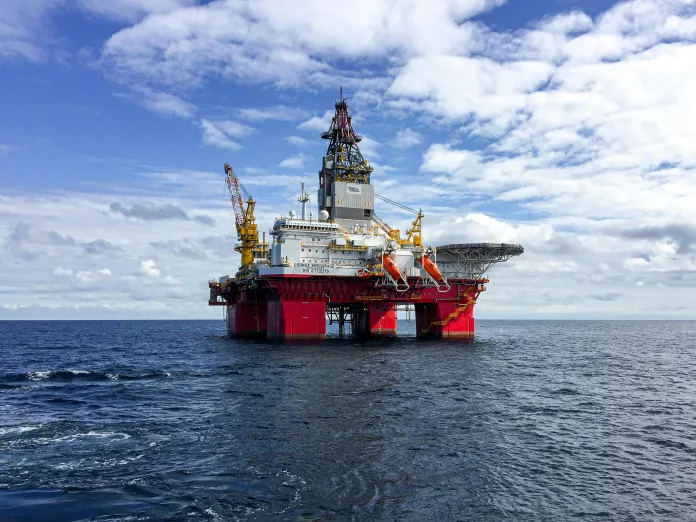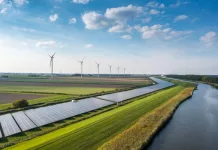In a groundbreaking move, the United States Environmental Protection Agency (EPA) has initiated a groundbreaking mission to combat climate change by introducing the first federal tax targeting excess methane emissions from the oil and gas industry.
Rise in Production Meets the Methane Emissions Reduction Program
Amid the surge in US oil and gas production to unprecedented levels, the EPA has rolled out its Waste Emissions Charge. This penalty is embedded within the wider Methane Emissions Reduction Program, established under the broad sweep of the Inflation Reduction Act.
Urgent Call to Curb Methane, a “Super Pollutant”
The Waste Emissions Charge is not merely a tax—it is a clarion call urging energy companies to adopt both new technologies and best-practice protocols to dramatically cut down on methane and other volatile pollutants. Methane, known for its extreme impact on climate change, is estimated to be the driving force behind about one-third of current global warming phenomena. Consequently, given the oil and gas sector’s prominence as the principal methane emitter in the United States, the charge represents a critical step forward in the battle against climate change.
A Graduated Charging Scheme Punishing Waste
The fee structure is progressive: starting in 2024, companies will face a $900 fine for each metric ton of emissions surpassing the prescribed cap, escalating to $1,200 in 2025, and reaching $1,500 from 2026 onwards.
Incentives for Employing Cleaner Technologies
Complementing the EPA’s “stick” approach with a “carrot,” the US Department of Energy (DOE) is poised to invest over a billion dollars from the Inflation Reduction Act. These funds will bolster the advancement and adoption of cutting-edge, environmentally-friendly oil and gas technologies. The program’s extensive coverage includes the development of methane monitoring systems, strategies to curb methane releases, and solutions for detecting and sealing leaks in the industry’s infrastructure.
Partnering With Industry: The Accuracy Challenge
The EPA is also collaborating with the fossil fuel industry to enhance the Greenhouse Gas Reporting Program, seeking to improve the accuracy of the self-reported methane emission data. As it stands, the EPA relies on an honor system where companies self-report their emissions without verification from the agency.
Industry Backlash and Political Responses
The fossil fuel industry has not taken kindly to these fines, with prominent bodies like the American Petroleum Institute urgently advocating for the repeal of the methane fees. Michael S. Regan, the EPA administrator, defends the proposal as a pathway to stimulate industry innovation through a combination of technology standards and financial incentives made available by the Inflation Reduction Act.
Representative Frank Pallone Jr. (D-NJ) of the House Energy and Commerce Committee weighs in by highlighting the historical oversight which allowed companies to find it more economical to squander methane rather than investing in upgrades to forestall leaks and flaring. He stresses that the Methane Emissions Reduction Program and the Waste Emissions Charge will rectify this by holding the industry accountable for both the wasted energy and its environmental ramifications.

























